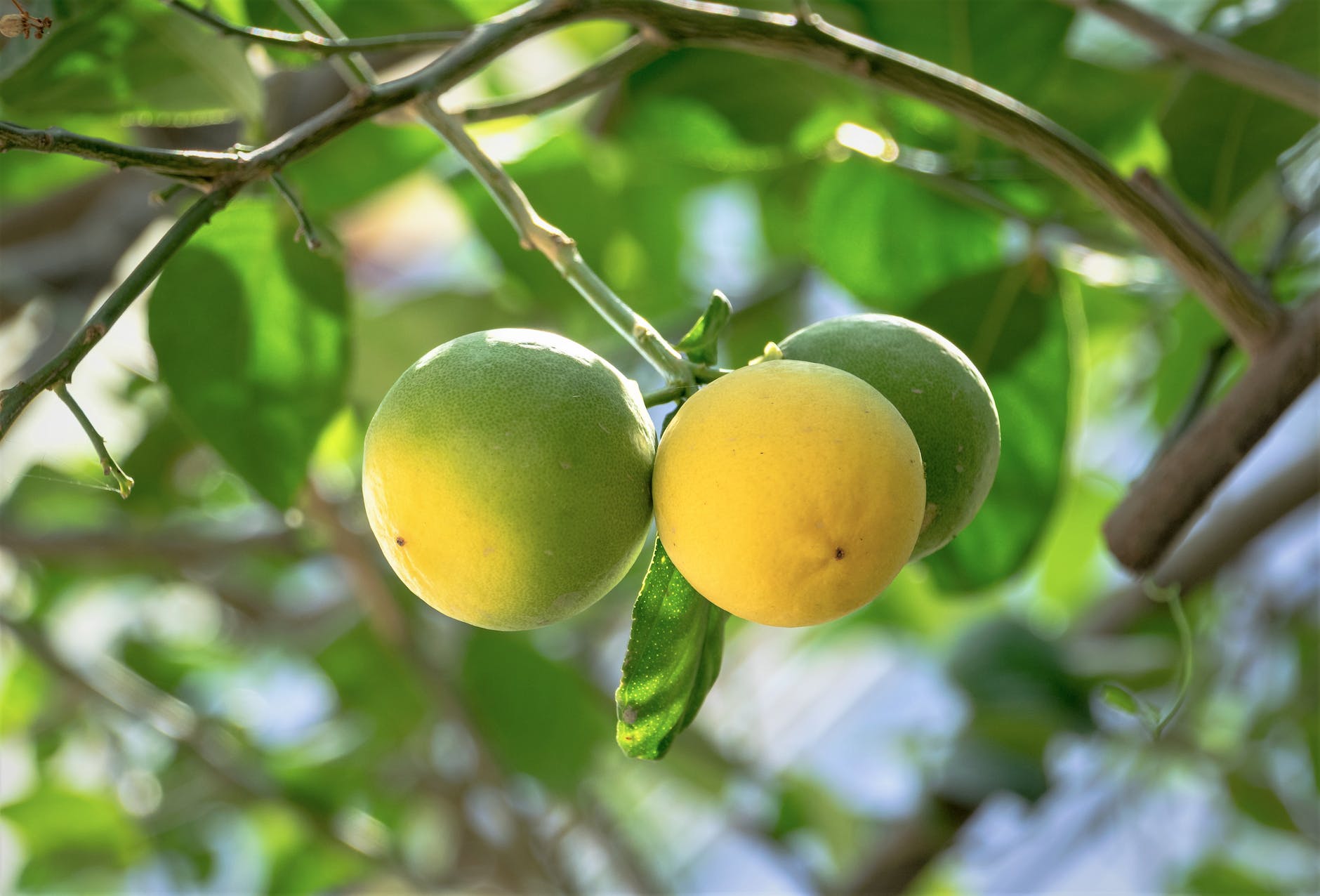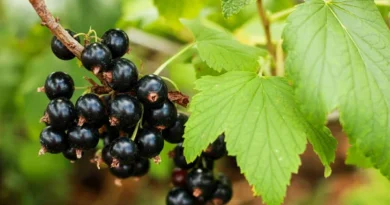Growing Lemons on Your Allotment: A Zesty Guide to Cultivating Citrus Delights
Welcome to the citrus-filled world of growing lemons on your allotment! As an experienced allotment owner, I’m thrilled to provide you with a detailed guide on cultivating these vibrant and zesty fruits. From selecting suitable varieties to a comprehensive growing guide, exploring health benefits, and discovering a variety of culinary uses, let’s dive right in!
Variety Selection:
When it comes to lemons, it’s essential to choose varieties that are suitable for growing in your climate. Consider the following popular choices:
- ‘Eureka’: This is a classic lemon variety known for its tangy flavor and abundant fruit production. It’s a reliable choice for allotment cultivation.
- ‘Meyer’: The Meyer lemon is a hybrid variety with a sweeter flavor and thinner skin. It’s well-suited for smaller spaces, such as containers, making it ideal for allotments.

Detailed Growing Guide:
Follow these steps to successfully grow lemons on your allotment:
- Location and Spacing:
- Select a sunny spot on your allotment that receives at least six to eight hours of direct sunlight per day.
- Allow sufficient spacing between lemon trees to ensure proper airflow and healthy growth.
- Space the trees at least 10-15 feet apart to provide ample room for their mature size.
- Soil Preparation:
- Lemons thrive in well-drained, slightly acidic soil with a pH between 5.5 and 6.5.
- Improve the soil by incorporating organic matter such as compost or well-rotted manure before planting.
- Planting:
- Plant lemon trees in early spring or early autumn when the soil is workable and the risk of frost has passed.
- Dig a hole twice the width of the root ball and slightly shallower than the height of the root ball.
- Gently remove the tree from its container or soak the roots of bare-root trees before planting.
- Position the tree in the hole, backfill with soil, and lightly firm it around the base.
- Watering:
- Provide regular and consistent watering to keep the soil moist but not waterlogged.
- Water deeply, allowing the soil to dry slightly between watering to avoid root rot.
- Adjust watering frequency depending on the weather conditions and the moisture levels of the soil.
- Fertilisation:
- Apply a balanced citrus fertilizer according to the manufacturer’s instructions, typically in spring and summer.
- Use organic fertilizers formulated for citrus trees or citrus-specific slow-release fertilizers.
- Pruning and Training:
- Prune lemon trees during the late winter or early spring to maintain shape, remove dead wood, and improve airflow.
- Remove any suckers that emerge from the base of the tree.
- Limit pruning to a minimum to avoid reducing fruiting potential.
- Pest and Disease Management:
- Regularly inspect your lemon trees for common pests such as aphids, scale insects, or citrus leaf miners.
- Implement organic pest control methods like spraying with neem oil or using insecticidal soap.
- Monitor for signs of diseases such as citrus canker or powdery mildew and take appropriate measures to manage them.
Health Benefits:
In addition to their tangy and refreshing flavor, lemons offer several health benefits. Here are a few:
- Vitamin C Boost: Lemons are an excellent source of vitamin C, which supports the immune system and aids in collagen production.
- Antioxidant Power: Lemons contain antioxidants that help combat free radicals and reduce inflammation in the body.
- Digestive Aid: Lemon juice can stimulate digestion and act as a gentle detoxifying agent.

Culinary Uses:
Lemons are versatile in the kitchen and can be used in various culinary creations. Here are some ideas:
- Lemonade: Squeeze fresh lemon juice, add some sugar or honey, and dilute with water for a refreshing homemade lemonade.
- Salad Dressings: Whisk together lemon juice, olive oil, salt, and pepper for a zesty dressing to drizzle over salads.
- Lemon Bars: Make tangy and sweet lemon bars with a buttery crust and a luscious lemon filling.
- Preserves and Marmalades: Create delightful lemon preserves or marmalades to enjoy the citrusy flavors year-round.
- Lemon Zest: Grate lemon zest into baked goods, sauces, or marinades to add bright and vibrant flavor.
- Lemon Cake: Treat yourself to the refreshing and tangy goodness of a homemade lemon cake. With its vibrant citrus flavor and moist texture, this delightful dessert is sure to brighten up any occasion.
Growing lemons on your allotment opens up a world of citrusy possibilities. By following the detailed guide provided, you can cultivate healthy lemon trees and enjoy an abundance of zesty fruits. From selecting the right varieties like ‘Eureka’ or ‘Meyer’ to providing optimal growing conditions, practicing proper maintenance, and managing pests and diseases, you’ll be well on your way to a fruitful lemon harvest.
Not only do lemons offer a burst of tangy flavor in various culinary creations, but they also provide several health benefits. Packed with vitamin C and antioxidants, lemons can boost your immune system, aid digestion, and promote overall well-being. From refreshing lemonades and salad dressings to delectable lemon cakes and preserves, there are countless ways to incorporate the bright and zesty flavor of lemons into your meals.
Growing lemons on your allotment is a journey filled with both rewards and enjoyment. Embrace the process, be patient with the growth of your trees, and savor the satisfaction of harvesting your own homegrown citrus fruits. Whether you’re an experienced allotment owner or a novice gardener, the experience of growing lemons will not only enhance your culinary adventures but also deepen your connection with nature and the joys of cultivating your own food.
So, roll up your sleeves, prepare your allotment with care, and embark on this exciting journey of growing lemons. Enjoy the fragrance of the blossoms, the vibrant yellow fruits, and the tangy taste that will enrich your culinary creations. Happy growing and bon appétit!




